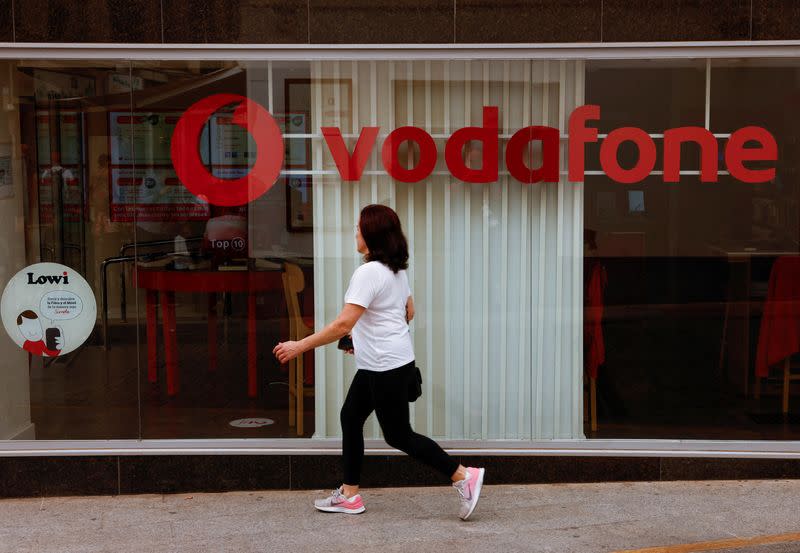Vodafone faces German probe over suspected obstruction of 1&1

BERLIN (Reuters) -Vodafone and its German subsidiary Vantage Towers are facing an antitrust investigation in Germany over concerns that it may have contributed to United Internet subsidiary 1&1's sluggish roll-out of radio masts, the regulator said on Friday.
"Powerful and dominant companies must not unfairly impede other companies. We will therefore scrutinise whether there are sound reasons for a delay in the provision of antenna locations for 1&1," Andreas Mundt, president of the Federal Cartel Office, said in a statement.
Vodafone said in an emailed statement to Reuters that it continued to firmly reject the accusation and would cooperate closely with the authorities.
"As a neutral and independent host, we offer all our customers open access to our passive infrastructure," a spokesperson for Vantage Towers said.
1&1 is trying to establish itself as a top telecommunications provider in Germany but has so far built only a fraction of its targeted 1,000 radio masts.
In February, it filed a complaint with the cartel office, blaming the slow progress on Vantage Towers and claiming that the company had not fulfilled its obligations as a partner in developing shared infrastructure.
(Reporting by Rachel More and Hakan Ersen, Editing by Friederike Heine)

 Yahoo Finance
Yahoo Finance